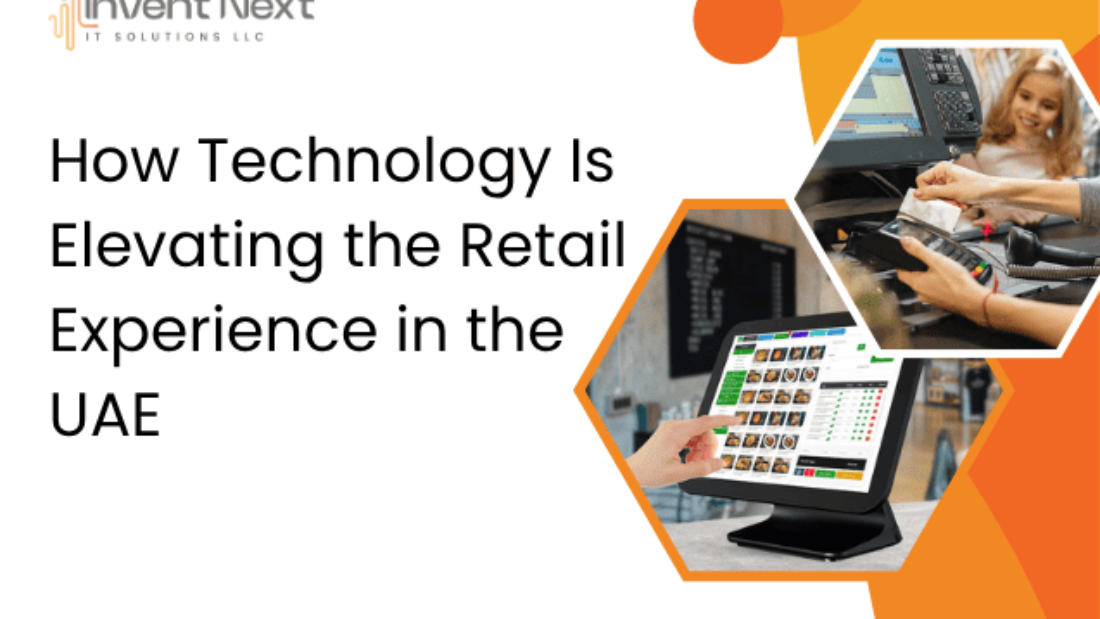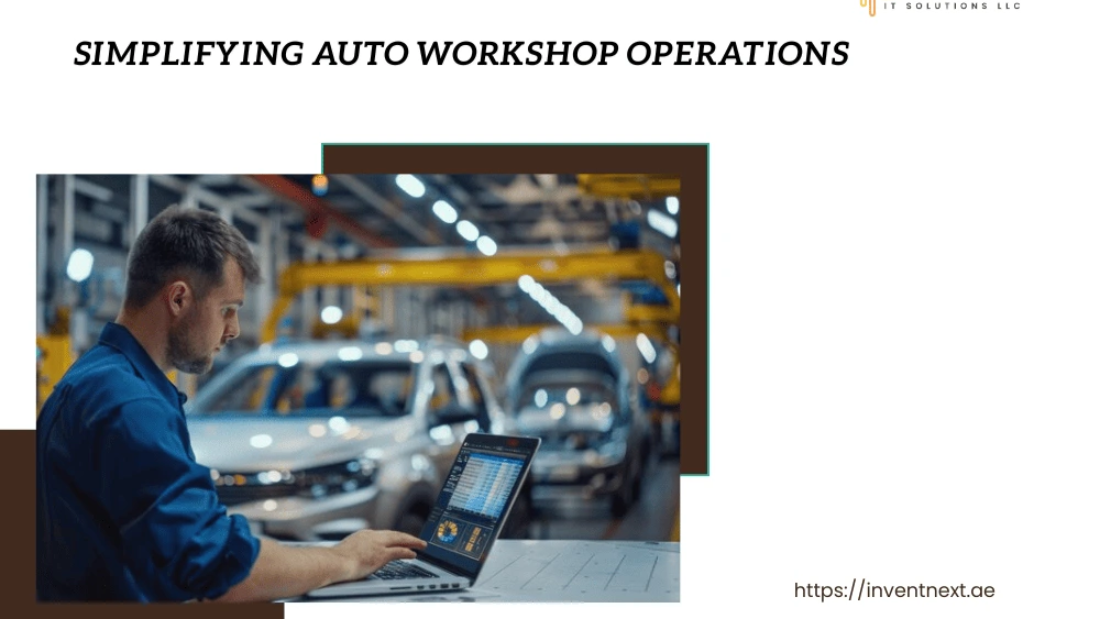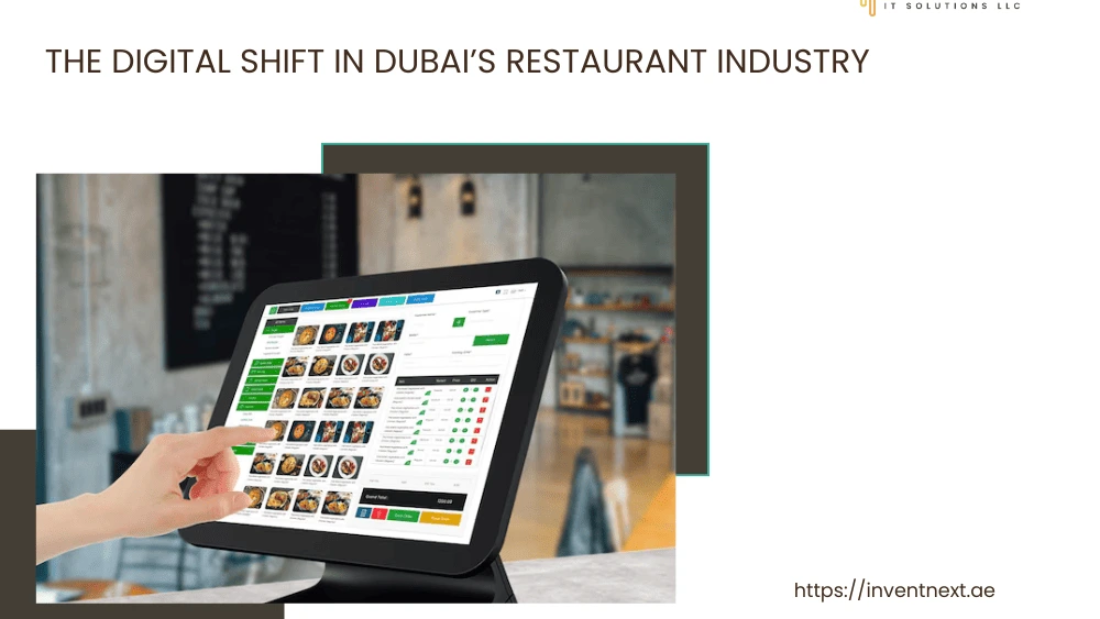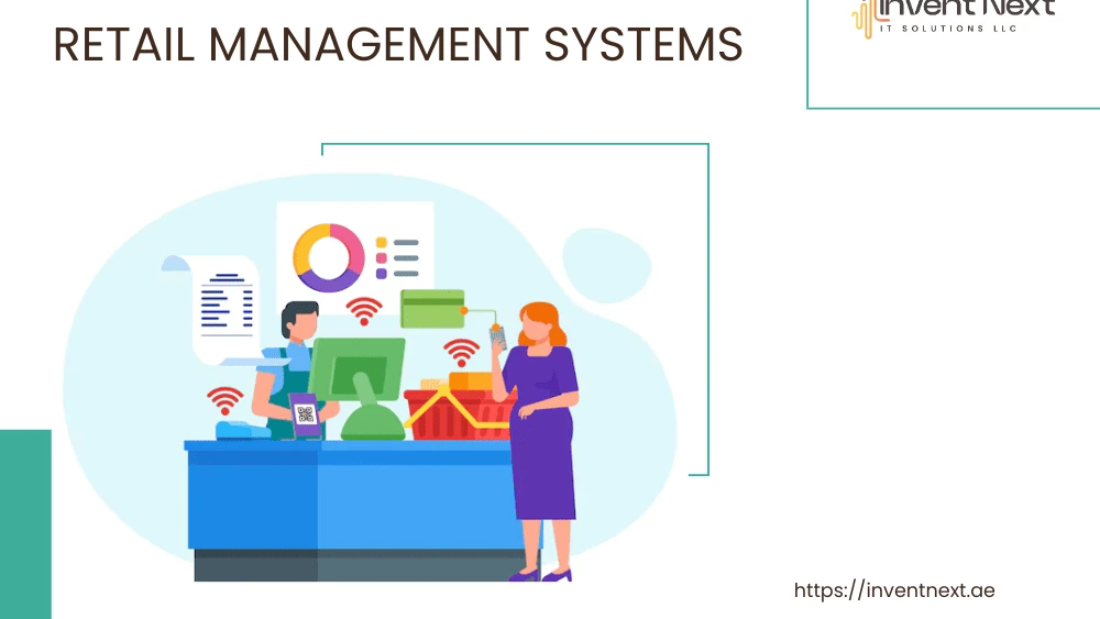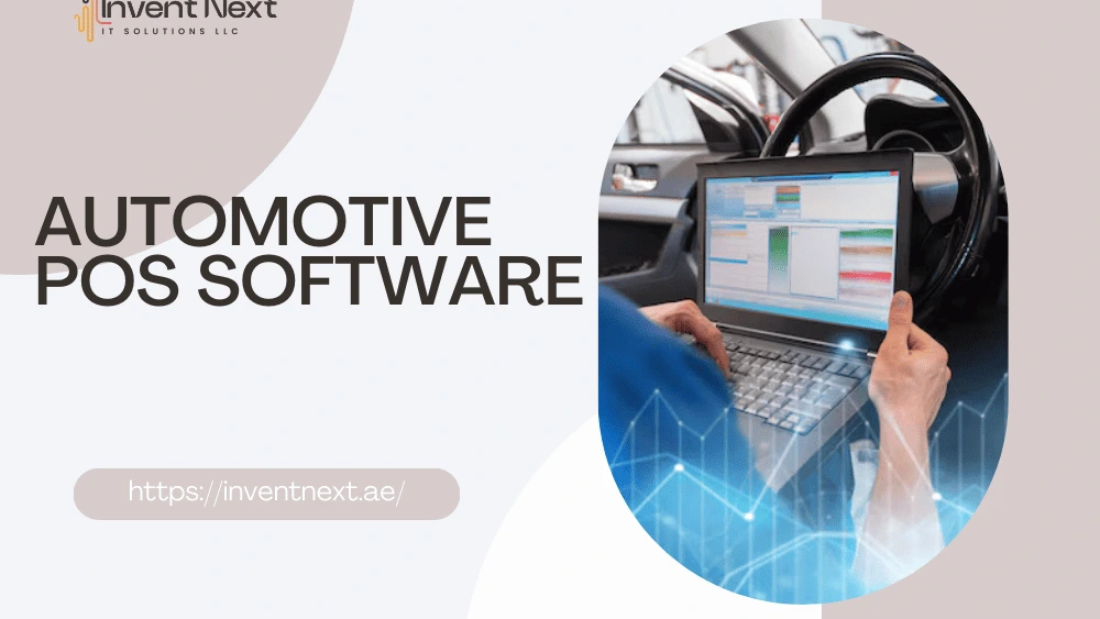Predictive Maintenance Software for Garage Workshops in the UAE & Gulf Region
The automotive service industry in the UAE and wider Gulf region is evolving rapidly. With growing vehicle ownership, increasing customer expectations, and pressure on garage workshops to deliver faster, more accurate repairs, the need for advanced digital tools is stronger than ever. Traditional POS billing systems no longer support the complexity of modern workshops. Today, the real competitiveness comes from Predictive Maintenance Software for Garage Workshops, which empowers service centers to anticipate issues, optimize job scheduling, improve operational efficiency, and reduce downtime.
This blog explores how predictive analytics, job-card data, IoT connectivity, and workflow automation are reshaping garage operations in the UAE. It also explains why predictive technologies provide a long-term strategic advantage to automotive businesses in Dubai, Abu Dhabi, Sharjah, and other Gulf markets.
Why the UAE Garage Industry Needs Predictive Maintenance
The UAE has become a leading automotive hub in the Middle East. Cities like Dubai and Abu Dhabi have high volumes of luxury cars, fleet vehicles, taxis, and commercial transport relying on regular service. However, many workshops still depend on manual diagnostics, reactive maintenance, and outdated billing-only software.
This is where Predictive Maintenance Software for Garage Workshops becomes a game-changer. Instead of waiting for breakdowns, workshops use data-driven insights to detect early symptoms of mechanical issues and address them before they lead to major repairs or customer complaints.
Why Traditional POS Systems Are Not Enough
A basic POS system is limited to billing, estimating, and generating invoices. While useful, it does not assist in diagnosis, maintenance planning, or performance monitoring. Modern garages need more than just invoices—they need automation, analytics, and predictive capabilities.
Challenges with traditional systems include:
- No integration with diagnostic tools
- No forecasting or predictive insights
- Lack of maintenance history analysis
- Manual job-card updates
- Inaccurate spare-parts forecasting
- Difficulty managing workflow and technician performance
The UAE’s automotive market is highly competitive, and workshops that fail to adopt digital tools risk falling behind. This has accelerated the adoption of solutions such as Predictive Maintenance Software for Garage Workshops, which connects data, devices, and operations.
How Predictive Maintenance Works in Garage Workshops
Predictive maintenance depends on data analytics, machine learning, and connected systems. Even without advanced IoT sensors in every vehicle, workshops generate valuable data from daily operations, including:
- Job cards
- Odometer readings
- Date of previous services
- Customer complaints
- Diagnostic reports
- Spare parts replaced
- Technician notes
- Warranty records
Using this data, Predictive Maintenance Software for Garage Workshops identifies patterns that indicate when a part is likely to fail. For example:
- Brake pads that typically wear out within a certain mileage
- Battery performance that declines after specific usage patterns
- AC system issues common during UAE summers
- Engine misfire occurrences across certain car makes
- Suspension wear in vehicles used on rough terrains
The software then alerts the workshop team so customers can be notified ahead of time, creating trust and long-term loyalty.
Role of IoT and Connected Car Technology in Predictive Maintenance
In the Gulf region, IoT-enabled fleet vehicles and luxury cars already transmit diagnostic data to service centers. Workshops equipped with smart systems can receive:
- Real-time engine alerts
- Fluid level notifications
- Battery health updates
- Sensor malfunction flags
- Tyre pressure data
- ECU error codes
Even for non-connected vehicles, diagnostic scanners can sync with workshop software to upload fault codes automatically. When combined with the intelligence of Predictive Maintenance Software for Garage Workshops, the system becomes highly accurate at forecasting failures.
Benefits of Predictive Maintenance for UAE & GCC Workshops
1. Reduced Vehicle Downtime
Customers in the UAE value speed and efficiency. Forecasting issues means:
- Faster repairs
- Fewer emergency breakdowns
- Better customer satisfaction
2. Increased Revenue
Predicting repairs leads to:
- Additional service opportunities
- Higher customer retention
- Better upselling of needed parts
3. Optimized Spare Parts Inventory
A common challenge in Gulf garages is stocking expensive parts unnecessarily. Predictive tools solve this by:
- Forecasting part demand
- Reducing dead stock
- Improving inventory turnover
4. Better Technician Performance
With automated diagnosis and alerts:
- Technicians spend less time troubleshooting
- Workflow becomes more organized
- Job allocation becomes smarter
5. Enhanced Customer Experience
AI-driven alerts allow workshops to contact customers BEFORE issues escalate. This builds trust and long-term loyalty.
Why Predictive Maintenance Is the Future of Gulf Region Workshops
The Gulf’s automotive sector is projected to grow significantly over the next decade, with more electric vehicles, luxury cars, and smart fleets entering the market. Workshops in Dubai, Abu Dhabi, Doha, and Riyadh must adapt to:
- Higher technical complexity
- Digital-first customer expectations
- Increased competition
- Rising demand for faster services
This shift confirms that adopting Predictive Maintenance Software for Garage Workshops is no longer optional — it is a strategic necessity.
The Future of Garage Workshops in the UAE Is Predictive & Data-Driven
The UAE’s automotive service industry is rapidly transitioning into a data-driven, tech-enabled ecosystem where predictive analytics, automation, and cloud solutions define business success. Workshops that continue relying only on manual diagnostics or basic billing tools will struggle to compete in this new landscape.
By adopting Predictive Maintenance Software for Garage Workshops, businesses can drastically reduce downtime, improve customer loyalty, optimise inventory, and increase long-term profitability. Predictive systems allow garages to work smarter—not harder—by forecasting issues before they occur, enhancing technician efficiency, and delivering a superior customer experience.
InventNext supports this transformation by providing advanced, innovative garage management and predictive maintenance solutions tailored to the UAE and Gulf region. With our robust digital ecosystem, workshops gain powerful tools to automate operations, analyse job-card data, and deliver faster, smarter, more reliable services.
As the automotive sector continues to evolve, partnering with technology experts like InventNext ensures that your workshop stays competitive, future-ready, and aligned with the highest industry standards in the UAE





